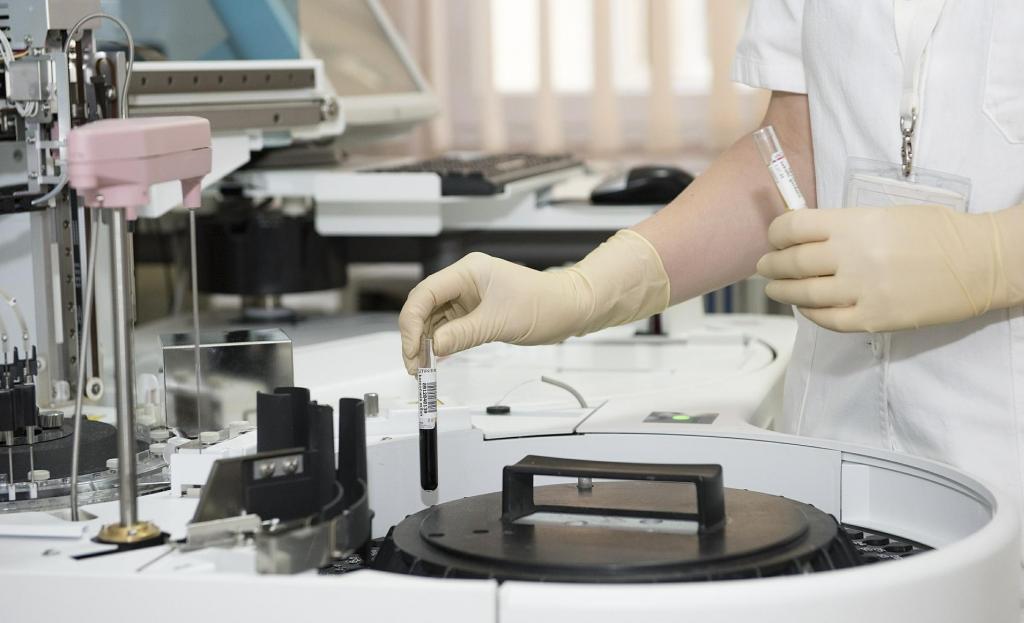The Medicines Patent Pool (MPP), a speaker in the recent WIPO International Conference on Intellectual Property and Development, is the world’s only voluntary licensing mechanism in public health. Founded by UNITAID in 2010 at the request of the international community, we work to improve access to affordable, appropriate HIV, viral Hepatitis C and tuberculosis treatments in low- and middle-income countries. Through our innovative business model, the MPP partners with a range of stakeholders —governments, industry, civil society, international organisations and community/patient groups — to forecast, prioritise and license needed medicines. We encourage generic manufacture of World Health Organization-recommended treatments as well as the development of new formulations.
At the conference, MPP addressed the theme of global cooperation for intellectual property and development, which lends itself well to MPP and our partners’ objectives. In the field of public health, our mandate is to negotiate and implement licences that have the broadest geographical scope to benefit people in need of low-cost medicines the most. Our HIV licences, for example, cover countries where 87-94% of people living with HIV in the development world reside. Licences are non-exclusive and non-restrictive to encourage competition and lower prices over time. MPP’s agreements also are transparent, as we publish the full text on our website, compatible with TRIPS flexibilities, and address issues related to diversion and pharmacovigilance.
Full disclosure of originator patent information ensures the broad public health community – including medicine procurers and developers – can benefit from our licences. Other unique terms and conditions, such as waivers for data exclusivity and flexibilities that permit our licensees to combine compounds to develop fixed-dose combinations, are aimed at delivering the best products in the right formulations, and at the right prices to patients.
The MPP has been successful over the years in negotiating licences that include key public health-oriented terms and conditions, and now holds licences for 12 World Health Organization-recommended and new antiretrovirals, one hepatitis-C medicine and an HIV platform technology. MPP’s generic partners have distributed more than three billion doses of low-cost medicines and are now working on more than 50 development projects to bring new formulations to market. We recognise that public health-oriented licensing is only one part of the “access to medicines” puzzle. Other challenges – pricing, regulatory issues, research and development, local manufacture capacity, to name a few – remain. MPP seeks to work with the broader public health community to address some of these issues in efforts to support better treatment options throughout the developing world.
Written by Greg Perry, Executive Director, Medicines Patent Pool


